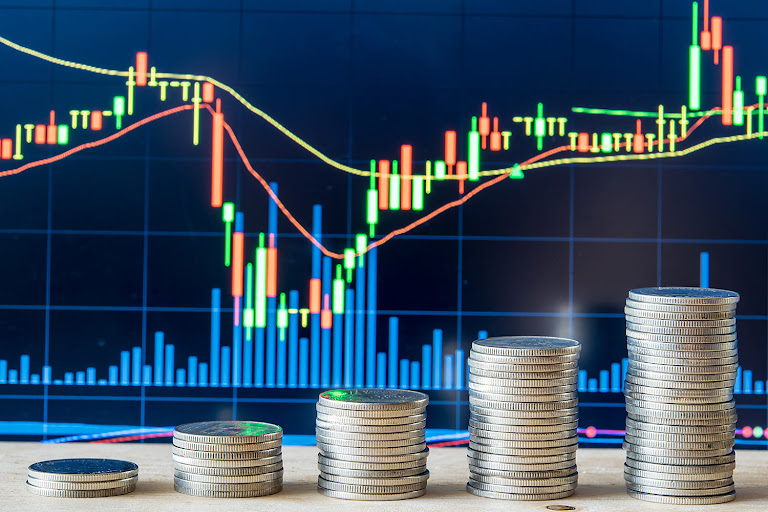Thailand Lags as Asian Markets Dismiss Tariff Threats
Strong tech performance and foreign investment offset tariff worries, but Thailand’s growth lags.

Asian markets displayed surprising resilience this week, weathering concerns about escalating U. S. tariffs and ongoing geopolitical uncertainties. While overall sentiment remained cautiously optimistic, performance varied across the region. Hong Kong emerged as a clear leader, boosted by the strong performance of tech giants such as Alibaba, whose earnings exceeded expectations.
The Stock Exchange of Thailand (SET) index experienced volatility, fluctuating between 1,236.80 and 1,267.72 points before closing at 1,246.21—a 2% decline from the previous week. Average daily turnover reached 50.81 billion baht. Foreign investors showed confidence, injecting a net 2.87 billion baht into the market, followed by institutional investors at 1.13 billion baht. Conversely, retail investors and brokerage firms adopted a more cautious stance, with net sales of 3.45 billion baht and 544.31 million baht, respectively.
The global economic landscape presented a complex picture. President Trump’s announcement of potential 25% tariffs on automobiles, semiconductors, and pharmaceuticals, potentially implemented as early as April, fueled market anxiety. Adding to the complexity, minutes from the Federal Open Market Committee meeting revealed a preference for maintaining current interest rates amid ongoing inflation and economic uncertainties. Some members advocated waiting for inflation (currently at 3%) to approach the 2% target before considering further rate cuts.
Positive economic news emerged from Japan, where fourth-quarter GDP growth surpassed expectations, registering a 2.8% year-on-year increase and a 0.7% quarter-on-quarter rise. South Korea implemented measures to protect its domestic steel industry, seeking to impose provisional tariffs on Chinese steel imports to address dumping concerns. In a potentially significant geopolitical development, reports suggest China may lift its eight-year ban on Korean entertainment content as early as May, aiming to mitigate anti-China sentiment.
Global economic indicators offered a mixed outlook. UK inflation reached a 10-month high of 3% in January, driven by rising food costs, airfares, and VAT increases. Etihad Airways reported a significant surge in profits, more than tripling its net profit to $476 million, reinforcing its IPO plans. Conversely, retail giant Walmart issued a lower-than-expected profit forecast, hinting at broader economic anxieties. The automotive industry also faced challenges, with Mercedes-Benz predicting a decline in its car-making margin to 6% this year due to increased competition and fluctuating global demand.
Developments in the tech sector remained prominent. Bloomberg reported that Taiwan Semiconductor Manufacturing Company (TSMC) is exploring acquiring controlling stakes in Intel facilities at the behest of U. S. government officials, aiming to bolster domestic chip production and maintain technological leadership.
In Thailand, the International Monetary Fund recommended a further reduction in the policy interest rate to stimulate economic activity and address low inflation. Thailand’s fourth-quarter economic growth of 3.2% fell short of projections, raising concerns about the country’s economic trajectory. The SET plans to implement tighter regulations on short selling and high-frequency trading to revitalize the market.
Looking ahead, several key economic indicators are scheduled for release next week, including eurozone inflation and foreign direct investment data, German GDP figures, and U. S. consumer confidence, new home sales, GDP, durable goods orders, jobless claims, and core personal consumption expenditure. In Thailand, the Bank of Thailand’s policy rate review will be a focal point. Analysts suggest a Chinese economic recovery would significantly benefit Thailand, potentially boosting sectors such as tourism, electronics, property, construction materials, energy, food and beverages, and rubber production. Investors are also advised to closely monitor statements from Federal Reserve members for any indications of potential rate cuts.
This week highlights the complex interplay of global economic forces and their impact on Asian markets. While uncertainties persist, the resilience shown by many markets suggests underlying strength and adaptability in the face of challenges.









